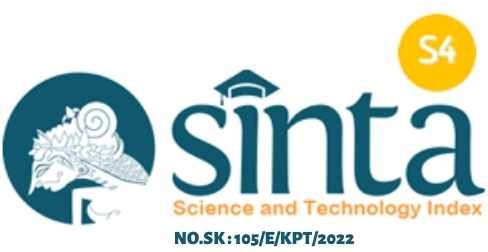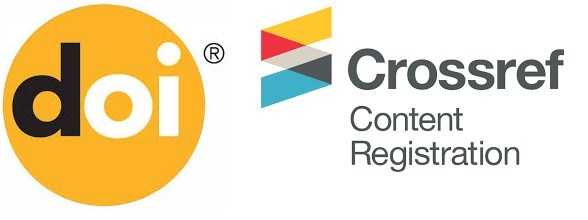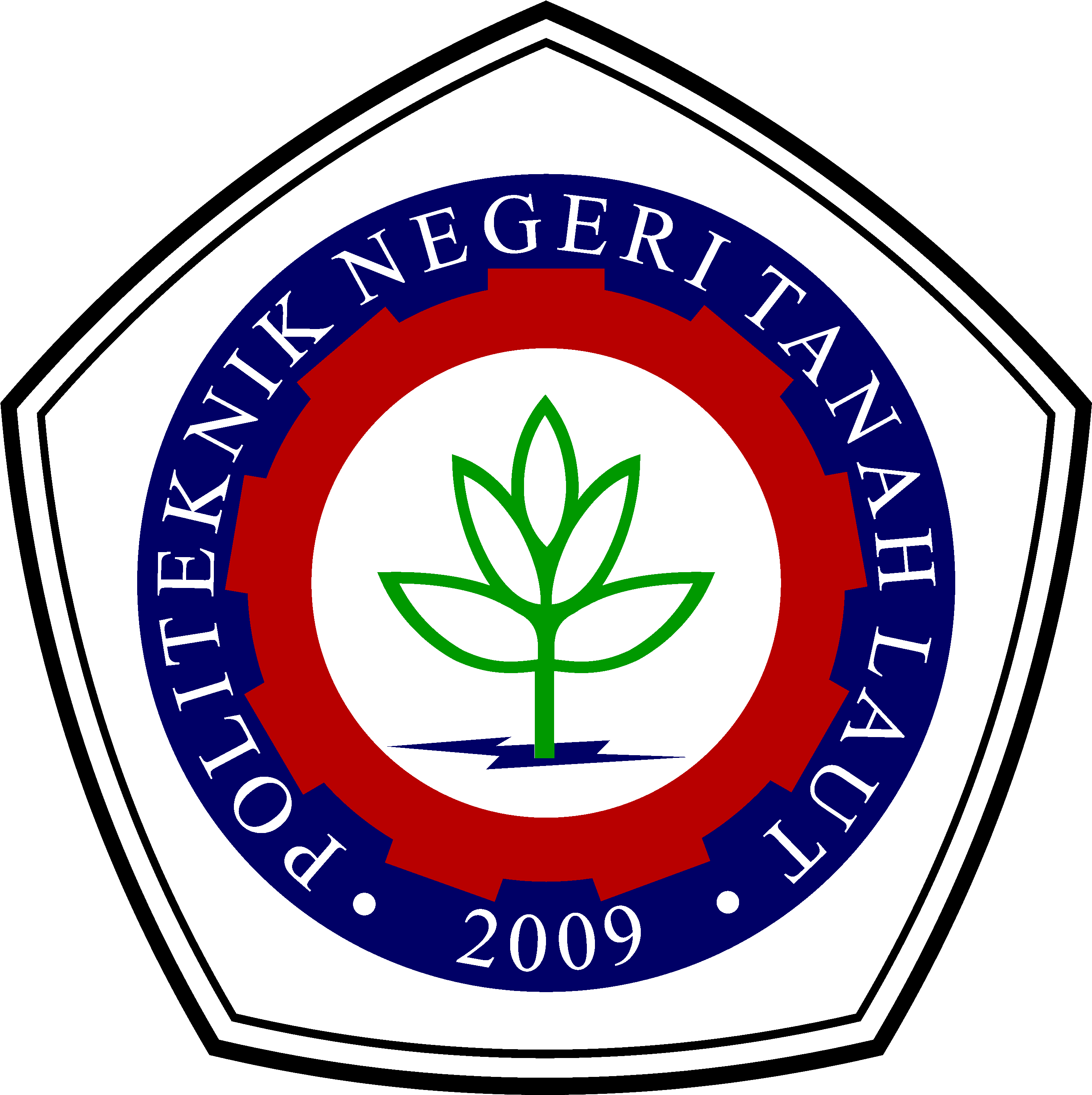MENAKAR ADOPSI CLOUD-BASED ACCOUNTING PADA USAHA MIKRO, KECIL, DAN MENENGAH DENGAN COMPUTER SELF-EFFICACY, COMPUTER ANXIETY DAN PERCEIVED ENJOYMENT SEBAGAI FAKTOR DETERMINAN
DOI:
https://doi.org/10.34128/jra.v6i1.139Keywords:
Computer Self-Efficacy, Computer Anxiety, Perceived Enjoyment, Behavioral Intention, Cloud-Based AccountingAbstract
Small and medium enterprises (SMEs) play a role in contributing to transformation in the better quadrant. SMEs have a positive effect on society and the economy because of their strategic value. SMEs use the simple financial record method, which can affect the decision-making process. Lack of ability in record keeping and financial management become a big issue. Implementing cloud accounting software is a way to reduce problems for SMEs due to the need to record their financial transactions. But not all SMEs use that software. This research conducted in Denpasar and involved 90 respondents. All the data analyzed with SPSS 24.0. The results found that each computer self-efficacy and perceived enjoyment had a positive and significant effect on behavioral intention, meanwhile computer anxiety had a negative and significant effect on behavioral intention to adopt cloud-based accounting in MSMEs
References
Ajao Owolabi, S., Ufuoma Izang, J., owolabis, J., & juliaizang, babcockedung. (2020). Cloud Accounting And Financial Reporting Qualities Of Smes In Nigeria: An Overview Cloud Accounting And Financial Reporting. International Journal of Research Publication (IJRP.ORG) Sunday Ajao Owolabi, 60(1), 60. www.ijrp.orgWeb:http://ijrp.org/paper-detail/1412http://ijrp.org/paper-detail/1412
Akbar, F. S., & Hidajat, R. S. (2020a). Minat Mahasiswa Akuntansi Menggunakan Software Accounting Sebagai Implementasi Keunggulan Teknologi Informasi Dan Komunikasi. Dinamika Administrasi : Jurnal Ilmu Administrasi Dan Manajemen, 3(2), 50–62.
Akbar, F. S., & Hidajat, R. S. (2020b). Minat Mahasiswa Akuntansi Menggunakan Software Accounting Sebagai Implementasi Keunggulan Teknologi Informasi dan Komunikasi. Dinamika Administrasi: Jurnal Ilmu Administrasi Dan Manajemen, 3(2).
Cahyani, B. E. (2019). ANALISIS PENGELOLAAN KEUANGAN USAHA MIKRO, KECIL, DAN MENENGAH.
Davis, F., Bagozzi, R. P., & Warshaw, P. R. (1992). Extrinsic and Intrinsic Motivation to Use Computers in the Workplace’. In Journal of Applied Social Psychology (Vol. 22).
Dimitriu, O., & Matei, M. (2015). Cloud Accounting: A New Business Model in a Challenging Context. Procedia Economics and Finance, 32, 665–671. https://doi.org/10.1016/s2212-5671(15)01447-1
Fatwitawati, R. (2018). Pengelolaankeuangan Bagi Usaha Mikro Kecil Menengah (UMKM) Di Kelurahan Air Putih Kecamatan Tampan Kota Pekanbaru. Sembadha.
Fishbein, M., & Ajzen, I. (1975). Intention and Behavior: An introduction to theory and research. Addison-Wesley Publishing Company.
Khanom, T. (2017). Cloud Accounting: A Theoretical Overview. IOSR Journal of Business and Management, 19(06), 31–38. https://doi.org/10.9790/487x-1906053138
Kustina, K. T. (2018). MSMEs Credit Distribution and Non-Performing Loan towards Banking Companies Profit in Indonesia. International Journal of Social Sciences and Humanities (IJSSH). https://doi.org/10.29332/ijssh.v2n1.72
Liao, S., Hong, J. C., Wen, M. H., Pan, Y. C., & Wu, Y. W. (2018a). Applying Technology Acceptance Model (TAM) to explore Users’ Behavioral Intention to Adopt a Performance Assessment System for E-book Production. Eurasia Journal of Mathematics, Science and Technology Education, 14(10), 1–12. https://doi.org/10.29333/ejmste/93575
Liao, S., Hong, J.-C., Wen, M.-H., Pan, Y.-C., & Wu, Y.-. (2018b). Applying Technology Acceptance Model (TAM) to explore Users’ Behavioral Intention to Adopt a Performance Assessment System for E-book Production. EURASIA Journal of Mathematics, Science and Technology Education, 14(10). https://doi.org/10.29333/ejmste/93575
Nengsih, T. A., Orinaldi, M., & Nurwahid, Y. (2022). Kesenjangan UMKM pada Pengelolaan Keuangan: Studi di Kota Jambi. Eksis: Jurnal Ilmiah Ekonomi Dan Bisnis, 13(2), 78. https://doi.org/10.33087/eksis.v13i2.299
Nur Sarfiah, S., Eka Atmaja, H., & Marlina Verawati, D. (2019). UMKM Sebagai Pilar Membangun Ekonomi Bangsa. Riset Ekonomi Pembangunan, 4(1). https://doi.org/10.31002/rep.v4i2.1952
Nurhasanah, S., Setiaji, B. W., Saputra, B., & Darni. (2022). Penerapan Aplikasi Akuntansi Ukm Pada Perusahaan/Umkm. Jurnal Ilmu Siber, 1(5).
Nuzulia, F., Supriadi, E., & Derriawan. (2020). Faktor-Faktor Yang Mempengaruhi User Acceptance Terhadap Implementasi Enterprise Resource Planning Menggunakan Model UTAUT (Studi Pada Pt Angkasa Pura I (Persero). Ekobisman, 5(2), 2597–9302.
Nuzulia, F., Supriyadi, E., & Derriawan. (2020). Faktor-Faktor Yang Mempengaruhi User Acceptance Terhadap Implementasi Enterprise Resource Planning Menggunakan Model Utaut. ( Studi Pada Pt Angkasa Pura I (Persero).
Panjaitan, J. M. P., Timur, R. P., & Sumiyana, S. (2021). How does the Government of Indonesia empower SMEs? An analysis of the social cognition found in newspapers. Journal of Entrepreneurship in Emerging Economies, 13(5), 765–790. https://doi.org/10.1108/JEEE-04-2020-0087
Permana, G. P. L., & Widihastarini, I. A. (2023). Analisis Kesesuaian Tugas dan Teknologi pada Pengambilan Keputusan pada Bank Perkreditan Rakyat Berdasarkan Virtual Meeting Menggunakan Model Modified Task Technology Fit. Fokus Bisnis : Media Pengkajian Manajemen Dan Akuntansi, 22(1). https://doi.org/10.32639/fokbis.v22i1.118
Pudianti, A., Herawati, A., & Purwaningsih, A. (2018). FAKTOR KREATIVITAS DALAM PENGEMBANGAN MODEL INKUBATOR BISNIS DI ERA DIGITAL. Bisma : Bisnis Dan Manajemen, 10(2), 145–155. https://journal.unesa.ac.id/index.php/bisma/index
Purnomo, M. (2011). Jurnal Dinamika Manajemen ADOPSI TEKNOLOGI OLEH USAHA MIKRO, KECIL DAN MENENGAH. JDM, 2(2), 109–117. http://journal.unnes.ac.id/nju/index.php/jdm
Sarosa, S., & Zowghi, D. (2014). Strategy for Adopting Information Technology for SMEs: Experience in Adopting Email within an Indonesian Furniture Company. Electronic Journal of Information Systems Evaluation, 6(2). www.ejise.com
Setiawan, A., Praptiningsih, P., & Matondang, N. (2020). Studi Literatur tentang Cloud Accounting. EQUITY, 23(2), 189–200. https://doi.org/10.34209/equ.v23i2.2236
Sholihah, P. I. (2021). Pengelolaan Keuangan Usaha Mikro Kecil dan Menengah (UMKM) Penerima Kredit Usaha Rakyat (KUR) Mikro (Studi pada Nasabah Bank X Malang). 1(1). www.seknasfitra.org
Sofyan, S. (2017). Peran UMKM (Usaha Mikro, Kecil, Dan Menengah) Dalam Perekonomian Indonesia. Bilancia, 11(1).
Sumarsono, D. (2016). Sistem Perekonomian Negara-negara Di Dunia. Jurnal Akuntansi Dan Pajak, 16(2).
Tho To, A., & Hong Minh Trinh, T. (2021). Understanding Behavioral Intention to Use Mobile Wallets in Vietnam: Extending the TAM Model with Trust and Enjoyment. Cogent Business & Management, 8, 1891661. https://doi.org/10.1080/23311975.2021.1891661
To, A. T., & Trinh, T. H. M. (2021). Understanding behavioral intention to use mobile wallets in vietnam: Extending the tam model with trust and enjoyment. Cogent Business and Management, 8(1). https://doi.org/10.1080/23311975.2021.1891661
Venkatesh, V., & Bala, H. (2008). Technology acceptance model 3 and a research agenda on interventions. Decision Sciences, 39(2), 273–315. https://doi.org/10.1111/j.1540-5915.2008.00192.x
Widiyasari, R., & Achadiyah, B. N. (2019a). Computer Anxiety, Computer Self-Efficacy dan Perceived Usefulness oleh Pelaku UMKM. Jurnal Akuntansi Aktual, 6(1), 203–214.
Widiyasari, R., & Achadiyah, B. N. (2019b). Computer Anxiety, Computer Self-Efficacy dan Perceived Usefulness oleh Pelaku UMKM. Jurnal Akuntansi Aktual, 6(1).
Winarno, W. A., Mas’ud, I., & Palupi, T. W. (2021a). Perceived Enjoyment, Application Self-efficacy, and Subjective Norms as Determinants of Behavior Intention in Using OVO Applications. Journal of Asian Finance, Economics and Business, 8(2), 1189–1200. https://doi.org/10.13106/jafeb.2021.vol8.no2.1189
Winarno, W. A., Mas’ud, I., & Palupi, T. W. (2021b). Perceived Enjoyment, Application Self-efficacy, and Subjective Norms as Determinants of Behavior Intention in Using OVO Applications. Journal of Asian Finance, Economics and Business, 8(2), 1189–1200. https://doi.org/10.13106/jafeb.2021.vol8.no2.1189
Yun, Y., & Sung, J. (2010). Toward a More Robust Usability concept with Perceived Enjoyment in the context of mobile multimedia service. In Jieun Sung & Younghwa Yun International Journal of Human Computer Interaction (Issue 1). https://www.researchgate.net/publication/228375028
Downloads
Published
How to Cite
Issue
Section
License
Copyright (c) 2023 Gusi Putu Lestara Permana, I Gusti Kadek Anggiriska Dwiyanti

This work is licensed under a Creative Commons Attribution-NonCommercial-ShareAlike 4.0 International License.













